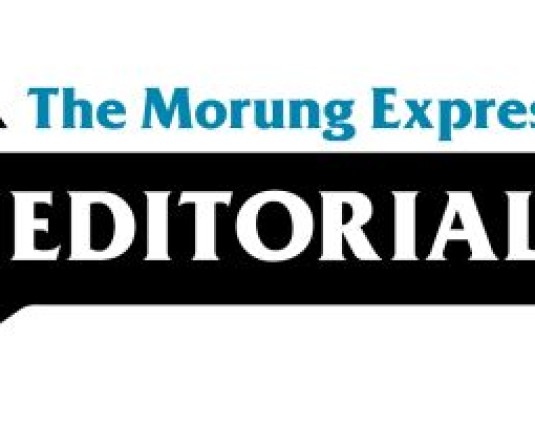
Underlining the need for restoration of democracy in Myanmar, India has finally done the right thing by offering assistance in establishing the democratic structure in the country. That President A P J Abdul Kalam during his talks with Chairman of the Military Junta General Than Shwe, had discussed about India sharing its know-how in evolving appropriate institutions and capacity building should be taken as a positive development given the fact that even New Delhi, the world’s largest democracy, had often shied away from this issue as it had been more interested in the business opportunity that Myanmar has had to offer. While India may have profited from this economic tie-up, such a policy course of engaging the military regime has completely ignored the principles underlying India’s overall foreign policy.
Better still, it would be in the interest of the region as a whole if India can work out a more comprehensive bilateral engagement plan with the military junta instead of merely cooperating in certain areas such as trade and the flush out campaign of Indian insurgents in its north-eastern frontiers. Further, given the healthy friendship between the civilian government in India with the military establishment of Myanmar, no better country than India has the greater proximity to facilitate the restoration of democracy in that country. Therefore, the opportunity presents itself for India to seriously engage the junta on the democracy issue.
On this, New Delhi will have to work closely with the United States and the European Union to push for reform of Myanmar’s political structure. For the hopefuls both in India and Myanmar, the visit of President Kalam to Rangoon and raising the issue of restoring democracy augurs well for the pro-democracy movement across the region. The statement emanating from the Indo-US agreement for encouraging democracy and providing assistance to countries asking for such help would now have to be spelt into joint initiatives from both countries.
Against this backdrop, the recent ‘olive branch’ offered by the National League for Democracy (NLD) to the Myanmar Military Junta is something unprecedented. The men in uniform should seriously think about reconvening Parliament in accordance with the results of the 1990 elections in exchange for the NLD recognizing the role of the current military regime, in national politics. This is a significant gesture by the NLD for national reconciliation, which will break the political stalemate that has clouded Myanmar for 17 years.
In addition, China – as a member of the UN Security Council and major power in the region will have to play a bigger role in bringing change to Myanmar. It is in China’s political and economic interests to see national reconciliation, which would result in a more accountable and stable government in Rangoon. More importantly, leaders from countries of the ASEAN, US, EU, and India must do everything possible short of imposing sanctions to maintain pressure on the junta for the release of Daw Aung San Suu Kyi and all political prisoners as the only realistic first step in facilitating the national reconciliation process.






